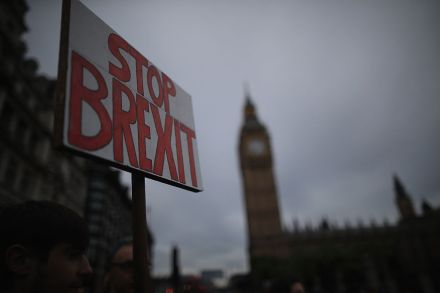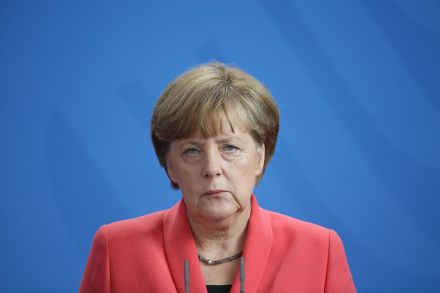If Brexit doesn’t happen, then Britain isn’t a democracy
It’s the casualness with which they’re saying it that is truly disturbing. ‘I’m beginning to think that Brexit may never happen’, said Vince Cable on Sunday morning TV, with expert nonchalance, as if he were predicting rain. He echoed Newsnight’s Nicholas Watt, who a few days earlier informed viewers that there is talk in ‘some quarters’ that ‘Brexit may not actually happen’. Leaving the EU? ‘I think that is very much open to question now’, said Lord Heseltine last month, with imperious indifference. He could have been asking a minion to pass the butter. They say it matter-of-factly, sometimes a little gleefully. As if it wouldn’t be a disgrace, a




















